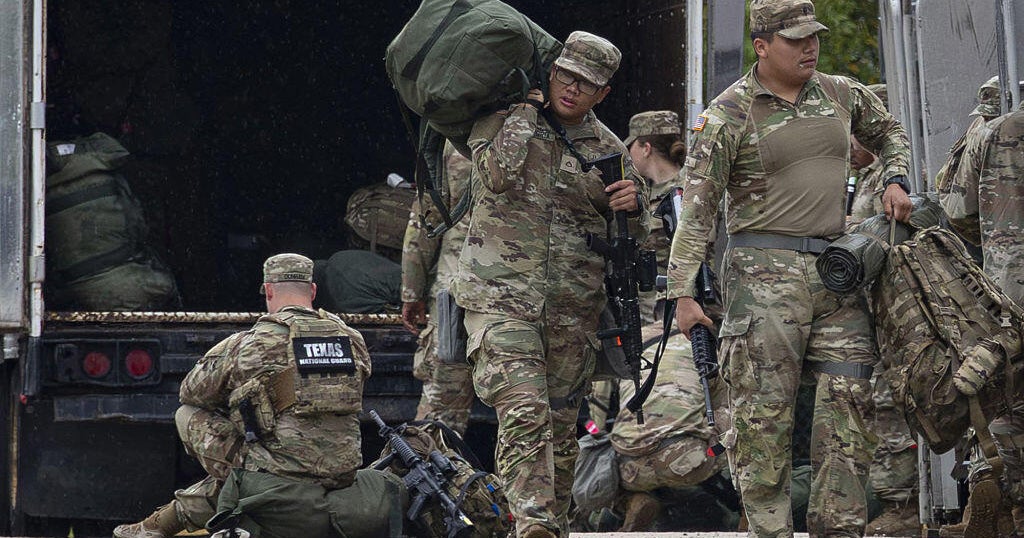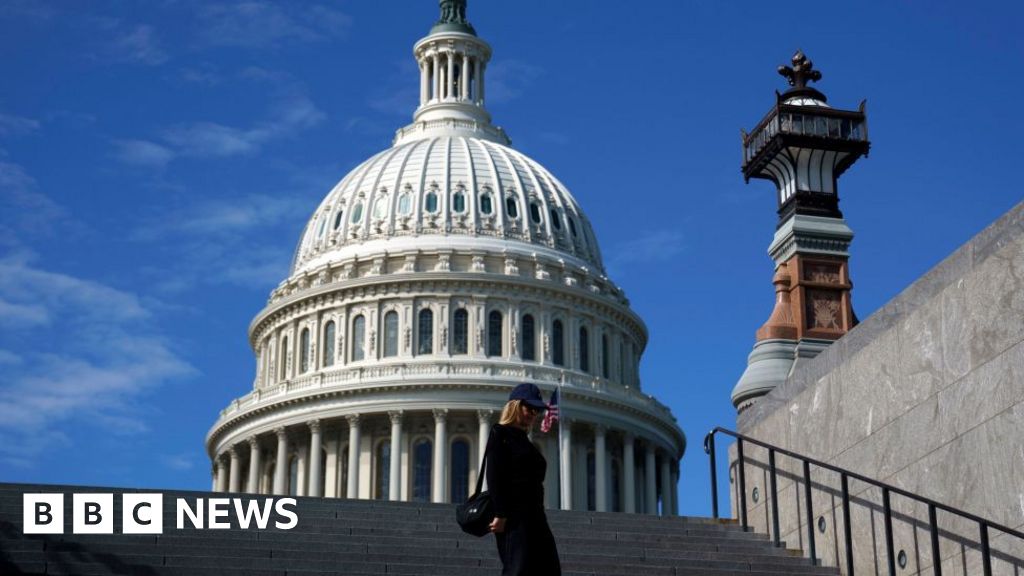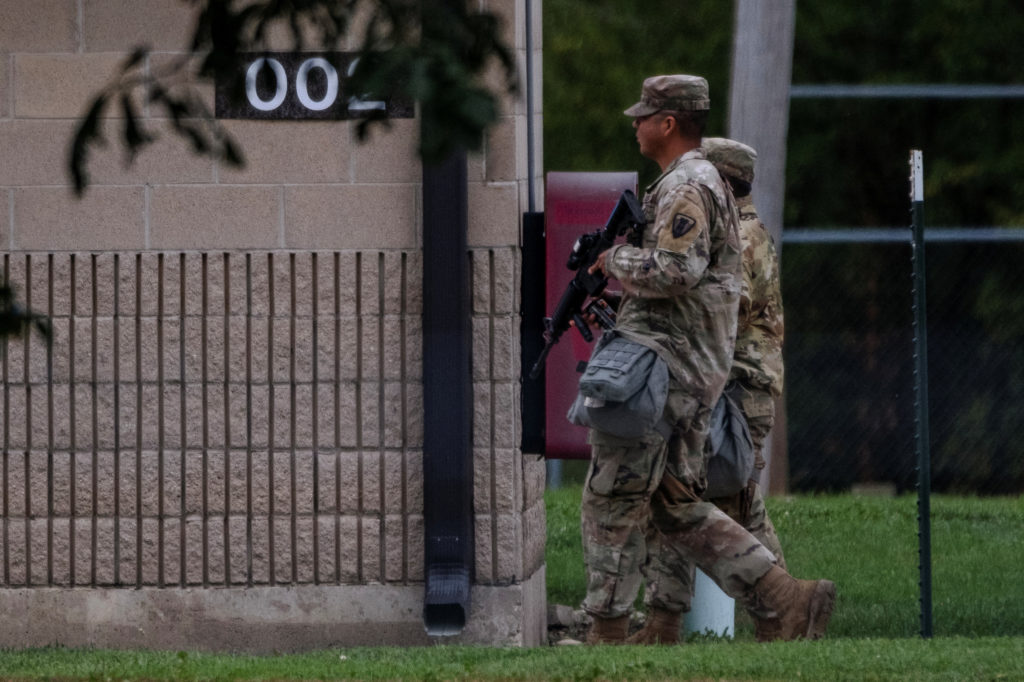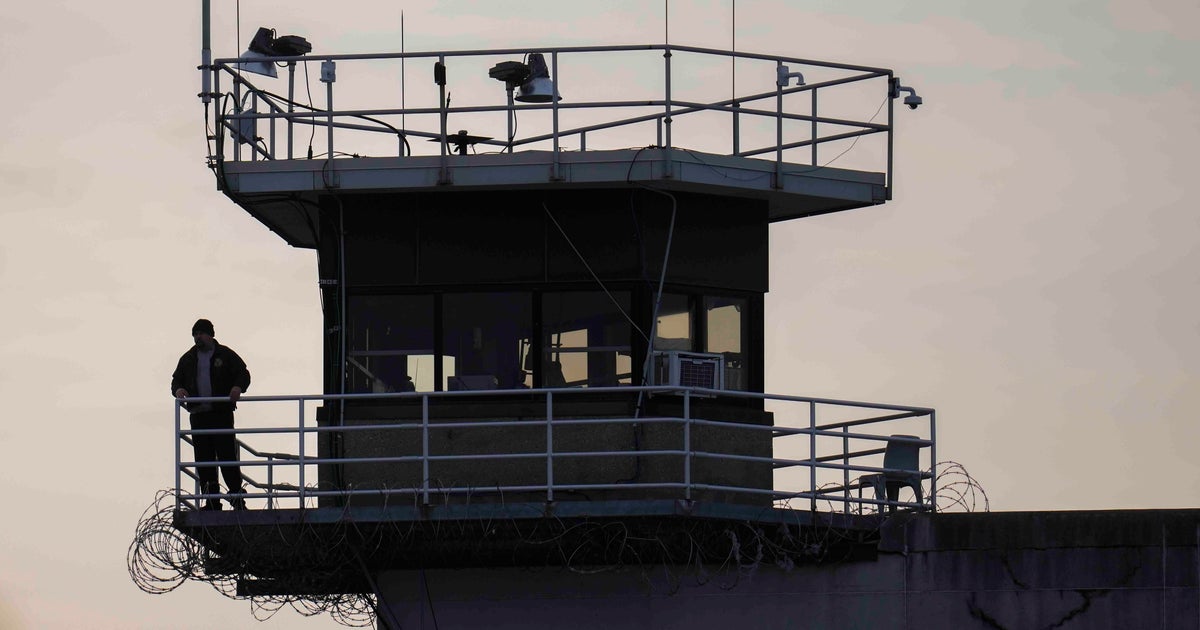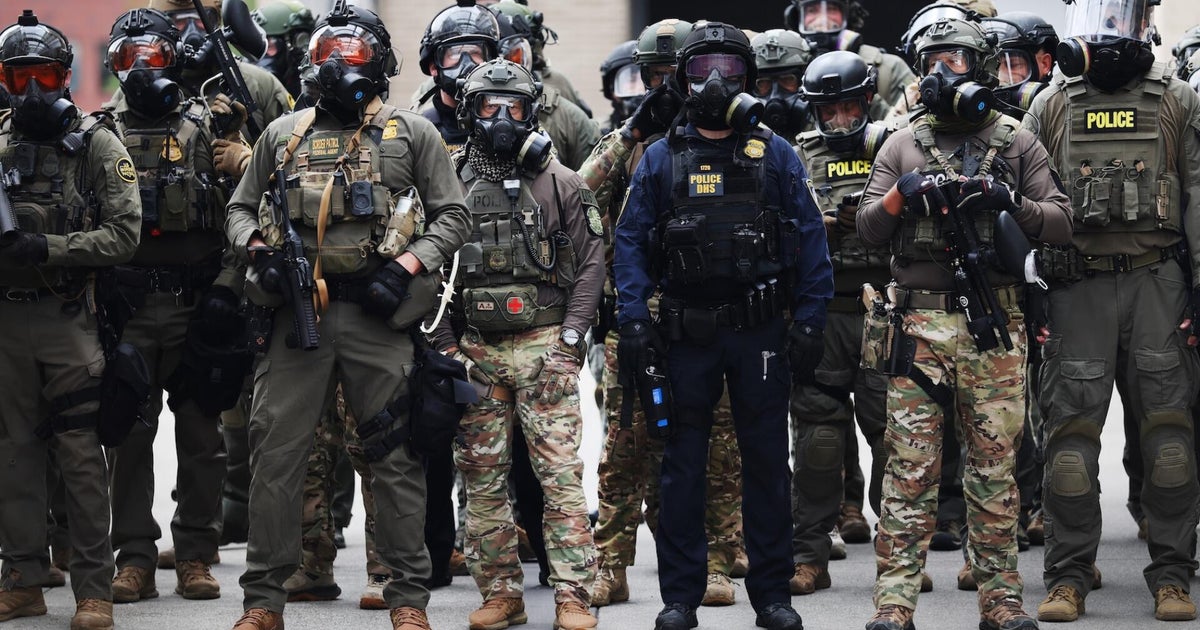Supreme Court Upholds Trump-Era Passport Gender Policy

Supreme Court Upholds Trump-Era Passport Gender Policy
The Supreme Court has allowed the Trump administration to enforce a policy requiring U.S. passports to display the sex listed on an individual's birth certificate, halting a lower court’s injunction for now. This 6-3 decision permits the government to proceed while ongoing legal challenges continue, emphasizing that the policy reflects a biological fact rather than discriminatory intent.
Controversy and Legal Challenges
Critics, including the ACLU, argue this policy harms transgender, nonbinary, and intersex Americans by denying them accurate identity documents and exposing them to potential harassment. The policy rollback contrasts with earlier flexible guidelines that allowed passport holders to self-identify their gender, raising concerns about civil rights and personal safety.
Wider Implications
This ruling underscores a broader debate over gender identity recognition in federal documentation. While not a final verdict, it signals the Supreme Court’s current stance on balancing administrative policy with constitutional rights, leaving the future of gender marker policies uncertain as litigation proceeds.
About the Organizations Mentioned
ACLU
The American Civil Liberties Union (ACLU) is a leading nonprofit organization dedicated to defending and expanding civil liberties in the United States. Founded in 1920 during a period of heightened government repression—including the infamous Palmer Raids targeting political dissidents—the ACLU emerged to protect free speech, due process, equal protection, and privacy, especially for groups historically denied these rights[2][4]. Its mission is realized through litigation, legislation, public education, and community outreach, making it a pioneer in public interest law[2][4]. ## History and Founding The ACLU traces its roots to the National Civil Liberties Bureau (NCLB), established in 1917 to support conscientious objectors and anti-war activists during World War I[1][3]. In 1920, Roger Baldwin, Crystal Eastman, and others reorganized the NCLB into the ACLU, broadening its focus beyond wartime dissent to encompass a wide array of civil liberties issues[2][3]. From its inception, the ACLU positioned itself as a nonpartisan defender of constitutional rights, distinct from organizations focused on specific demographics or causes[3]. ## Key Achievements The ACLU has been at the forefront of nearly every major civil liberties battle in U.S. history. Early highlights include defending targets of the Palmer Raids, supporting labor organizers, and securing the release of activists imprisoned for antiwar views[5]. The organization gained national attention with the 1925 Scopes "Monkey" Trial, challenging bans on teaching evolution and spotlighting issues of academic freedom and church-state separation[5][6]. In the mid-20th century, the ACLU played a pivotal role in landmark Supreme Court cases, such as Brown v. Board of Education (1954), which ended school segregation, and Tinker v. Des Moines (1969), affirming students' free speech rights[5]. The ACLU also fought—though not always successfully—against the intern
Supreme Court
The **Supreme Court of the United States**, commonly referred to as SCOTUS, is the highest court in the U.S. federal judiciary. Established by Article III of the U.S. Constitution, it plays a pivotal role in interpreting the Constitution and federal laws, ensuring their alignment with the founding document. ## Organization and History Founded in 1789, the Supreme Court initially consisted of a Chief Justice and five Associate Justices. Over time, the number of justices has fluctuated, settling at nine in 1869[4]. The Court's primary function is to adjudicate cases involving federal law and the Constitution, with the power to review and overturn decisions from lower courts[1][6]. It also has original jurisdiction in cases involving ambassadors, consuls, and disputes between states[1]. ## Key Achievements One of the Supreme Court's most significant achievements is the establishment of judicial review through the landmark case **Marbury v. Madison** in 1803. This decision allowed the Court to invalidate laws deemed unconstitutional, setting a precedent for its role in checking the legislative and executive branches[1][2]. ## Current Status Today, the Supreme Court continues to play a crucial role in shaping U.S. law and policy. It meets annually from October to June or July, reviewing thousands of petitions and deciding around 80 cases each year[1][2]. The Court's decisions often have profound impacts on business and technology, influencing regulatory environments and legal frameworks. ## Notable Aspects - **Independence**: Justices are appointed for life, ensuring the Court's independence from political pressures. - **Influence on Business and Technology**: Supreme Court rulings can significantly impact business practices and technological innovation by clarifying legal standards and regulatory frameworks. - **Symbolism**: The Court is symbolically important, with its motto "Equal Justice Under Law" reflecting its commitment to fairness and impartiality[3].
Trump administration
The **Trump administration** refers to the executive branch of the U.S. federal government during Donald J. Trump’s presidency, initially from January 20, 2017, to January 20, 2021, and resuming with his second term starting in 2025. It was characterized by a mix of aggressive domestic policies, significant judicial appointments, and a distinct foreign policy approach that emphasized "America First" principles[4][8]. The administration’s key activities included **tax reform**, notably passing the $3.2 trillion Tax Cuts and Jobs Act, which represented the largest overhaul of the U.S. tax code in decades[5]. Trump also renegotiated trade agreements with major economies including Mexico, Canada, China, Japan, and South Korea, prioritizing bilateral deals over multilateral ones such as the Trans-Pacific Partnership (TPP), which the administration withdrew from early on[1][2]. The administration sought to protect American jobs by restricting cheap foreign labor and influencing agencies like the Tennessee Valley Authority to retain American workers[5]. On the judicial front, the Trump administration appointed over 200 federal judges, including three Supreme Court justices—Neil Gorsuch, Brett Kavanaugh, and Amy Coney Barrett—shaping the judiciary for years to come[4]. These appointments were among the most significant achievements, influencing U.S. law on multiple fronts. In foreign policy, the administration pursued a controversial agenda: it imposed travel bans on several predominantly Muslim countries, withdrew U.S. troops from northern Syria, and supported Saudi Arabia militarily despite congressional opposition related to the Yemen conflict[1][3]. It also fostered new international technology alliances, such as securing commitments from allies to exclude Chinese telecom giant Huawei from 5G infrastructure and signing AI cooperation agreements with the UK[5]. The Trump administration faced substantial political turmoil, including two impeachments by the House of Representatives—first in 2019 over Ukraine dealings, and again in 2021 following the January



